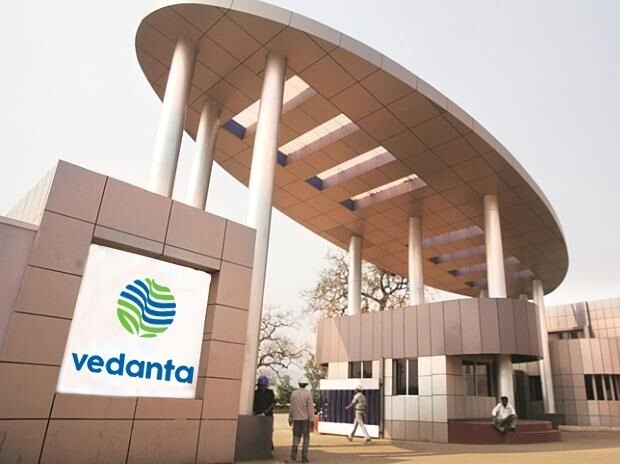

In line with global efforts to combat climate change, the European Union has introduced a significant measure—the Carbon Border Adjustment Mechanism (CBAM), designed to regulate the import of carbon-intensive products, such as aluminium, by charging a tariff based on the emissions produced during their manufacturing.

This tariff currently applies to six product categories – aluminium, iron and steel, hydrogen, electricity, cement, and fertiliser, irrespective of the product’s origin.
The CBAM is set to come into effect in January 2026. In preparation, the European Union has already begun requesting reports on the carbon emissions of goods exported to the EU.
India’s leading stainless steel producer, Jindal Stainless Limited, is taking proactive steps to reduce carbon emissions and maintain its competitiveness in the European Union export market. Similarly, Vedanta Aluminium is also making significant efforts to comply with the CBAM requirements and reduce its carbon footprint.
Abhyuday Jindal, MD, Jindal Stainless told Business Today, “We have been vigilant of our carbon footprint well before CBAM came into the picture. We started switching from thermal to renewable sources of energy--wind, solar, and hydro long ago. Recognising the challenges associated with decarbonising the stainless steel industry, we launched India’s first Green Hydrogen Plant in the stainless steel sector, which will reduce 2700 tCO2e of carbon emissions annually. Additionally, we are transitioning to electric vehicle fleets, upgrading to energy-efficient equipment, and incorporating the use of biofuels as part of our decarbonisation efforts.”
As the CBAM is also applied to aluminium, Vedanta Aluminium is filing reports on its Scope 1 emissions in compliance with CBAM requirements. According to Vedanta’s report, the company is progressively reducing greenhouse gas intensity through conscious efforts like including renewable energy in the power mix and expanding the usage of biofuels for smelting aluminium and deploying India’s largest fleet of electric forklifts across their operations.
John Slaven, CEO of Vedanta Aluminium told Business Today, “We are focusing on further diversifying our power portfolio through the increased use of renewable energy (RE) and sustainable alternatives such as biofuels. Towards fulfilling this aim, we have entered into long-term power delivery agreements to source an initial 1,335 MW of renewable energy. This will comprise a mix of both solar and wind energy, which will together contribute to powering Vedanta Aluminium’s operations across Odisha and Chhattisgarh. It will also result in a reduction of GHG emissions of ~3.2 million tonnes of CO2 per year, thereby contributing significantly to our decarbonisation efforts. In addition, we will deploy innovative new process technologies to decarbonise the value chain as and when they become commercially available.”
Beyond Scope 1 emissions, Vedanta has low-carbon aluminium products like Restora and Restora ULTRA. John Slaven said Vedanta would continue to meet the European Union’s growing demand for low-carbon primary products with Restora and Restora ULTRA, as even today, the EU is willing to pay a modest premium for the low-carbon products.
Both Jindal Stainless and Vedanta Aluminium are committed to reaching net zero by 2050 and are actively working to reduce their carbon emissions.



Responses






